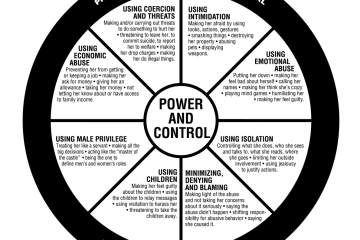Understanding Bad Thoughts: Causes, Effects, and Management

Introduction
In today’s fast-paced world, many individuals experience overwhelming thoughts that can disrupt daily life. Identified commonly as ‘bad thoughts’, these can range from moments of self-doubt to deep fears and anxieties. Understanding the significance of such thoughts is crucial for mental well-being, as it not only helps in addressing personal challenges but also reduces the stigma surrounding mental health issues.
What Are Bad Thoughts?
Bad thoughts are often characterised by negativity, which can lead to feelings of hopelessness or despair. They may manifest as intrusive thoughts, worries about the future, or negative self-talk. According to mental health professionals, these types of thoughts can stem from various sources, including stress, trauma, or underlying mental health conditions like anxiety or depression.
Effects of Bad Thoughts
The impact of bad thoughts can be profound. They often result in increased anxiety and depression, affecting an individual’s day-to-day functioning. A recent study conducted by the Mental Health Foundation found that 74% of adults in the UK reported feeling overwhelmed or unable to cope due to negative thoughts, with many stating that these thoughts have interfered with their ability to enjoy life. Furthermore, consistent engagement with such thoughts may lead to long-term mental health issues, creating a cycle that is difficult to break.
Managing Bad Thoughts
Addressing bad thoughts is pivotal in maintaining good mental health. Here are some effective strategies:
- Mindfulness and Meditation: Practicing mindfulness can help individuals become aware of their thoughts without becoming overwhelmed by them.
- Cognitive-Behavioural Therapy (CBT): Many therapists employ CBT techniques to help individuals challenge and reframe their negative thoughts.
- Physical Activity: Regular exercise has been linked to reducing symptoms of anxiety and depression, aiding in the management of bad thoughts.
- Professional Help: Speaking with a mental health professional can provide personalised strategies tailored to an individual’s needs.
Conclusion
In conclusion, while bad thoughts can feel isolating and burdensome, understanding their nature and effects can significantly empower those affected. The development of effective management strategies is essential for fostering mental resilience. As awareness around mental health continues to grow, it is imperative for individuals facing these struggles to seek help and remember that they are not alone on this journey. By addressing bad thoughts proactively, one can pave the way for a healthier, more balanced life.









